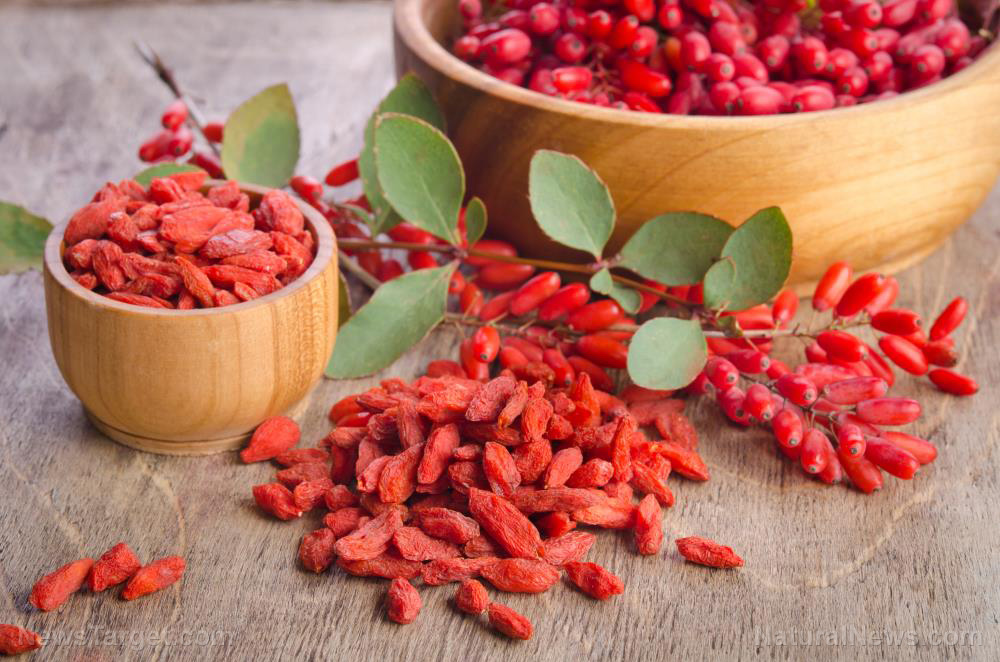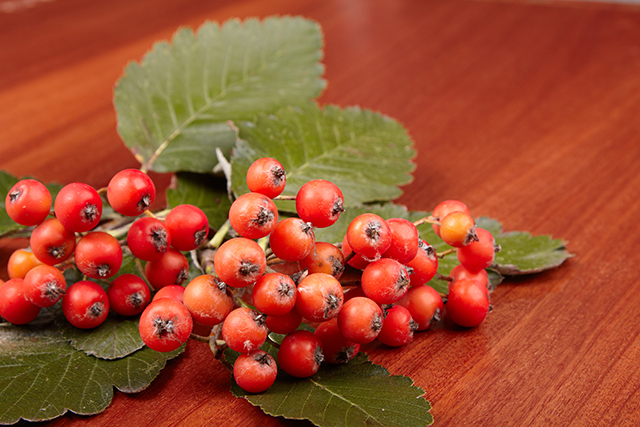Lower your risk for heart disease when you make peanuts and tree nuts a regular part of your diet
11/20/2017 / By Rita Winters

Consuming most kinds of nuts may result in a decrease in risk of cardiovascular disease and coronary heart disease. According to a study published in the Journal of the American College of Cardiology, there is a lowered risk of developing such diseases in people who consume fresh nuts regularly, as compared to people who do not eat or rarely eat nuts. These nuts include peanuts, walnuts, tree nuts, and even peanut butter. Dr. Marta Guasch-Ferre from the Department of Nutrition at Harvard T.H. Chan School of Public Health led and authored the research.
The study, which is the longest to date, compared the frequency of nut consumption to the incidence of heart diseases. It included 210,000 individuals from the females from the Nurses’ Health Study I and Nurses’ Health Study II, and males from the Health Professionals’ Follow-Up Study. Information collected from the individuals included their medical history, their lifestyles, and their health conditions. All data collections were done via self-administered questionnaires, which were answered every two years. After 32 years of follow-ups, results showed that there are varying percentages in the decreases of the risks of heart diseases, but are all substantial.
Limitations however, were also noted. One, that the sample size was limited to white health professionals; two, that the results were self-reported (errors are inevitable); and three, there was no data on the preparations of the nuts. The endpoint of the study was major cardiovascular disease, which was defined as a combination of myocardial infarction (heart attack), stroke, or fatal cardiovascular disease. The secondary endpoint was the total coronary heart disease, which included fatal and non-fatal myocardial infarction, total stroke (including fatal and non-fatal occurrences). Documentations show 14,136 cases of cardiovascular disease (CVD), 8,390 coronary heart disease (CHD) cases, and 5,910 cases of stroke.
The results of the study show an inverse between nut consumption and incidence of the aforementioned diseases. Individuals who ate walnuts one or more times a week had a 19 percent lower risk of CVD and 21 percent lower risk of CHD. Individuals who ate peanuts or tree nuts two or more times a week resulted in having a 13 to 15 percent and 15 to 23 percent decrease of risk of CVD and CHD, respectively. Participants who consumed the most nuts showed interesting results. Five or more servings of nuts per week had a 14 percent lower risk of CVD and 20 percent lower risk of CHD, which was more or less the same when quantified by individual type of nut.
From there it can be assumed that nut consumption is inversely associated to risk of heart diseases.
Nuts have a wide variety of nutrients such as protein, calcium, vitamin E, fiber, selenium, iron, vitamin C, potassium, folate, antioxidant resveratrol, omega-3 fatty acids, monosaturated fats, thiamin, and others. Naturally low in sodium, these nuts also have natural sugars which can substitute for carbohydrates, hence the fullness after consumption. A plain, uncooked, and unprocessed nut may as well be a natural health capsule.
Dietary recommendations have recently started shifting to plant-based instead of animal-based nutrition. Studies are starting to show the importance of a healthy and natural diet that all point towards overall physical and mental well-being.
Find more news about keeping your heart healthy at Heart.news.
Sources include:
Tagged Under: health benefits, heart disease, heart health, nutrients, nuts, Peanuts, tree nuts, Walnuts




















